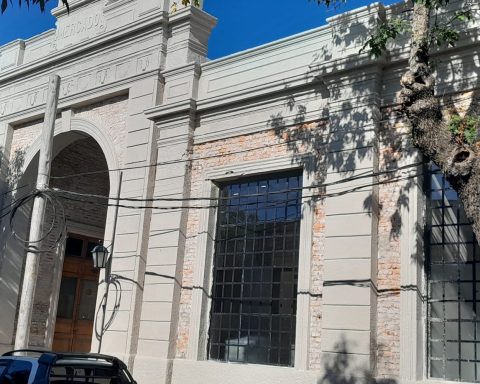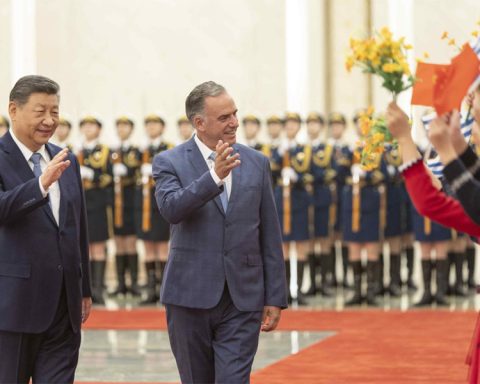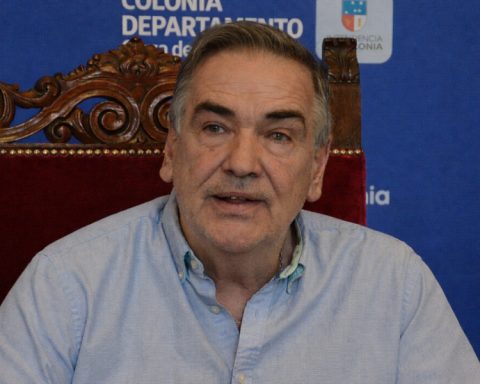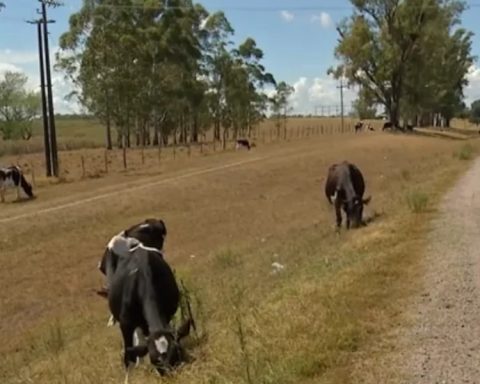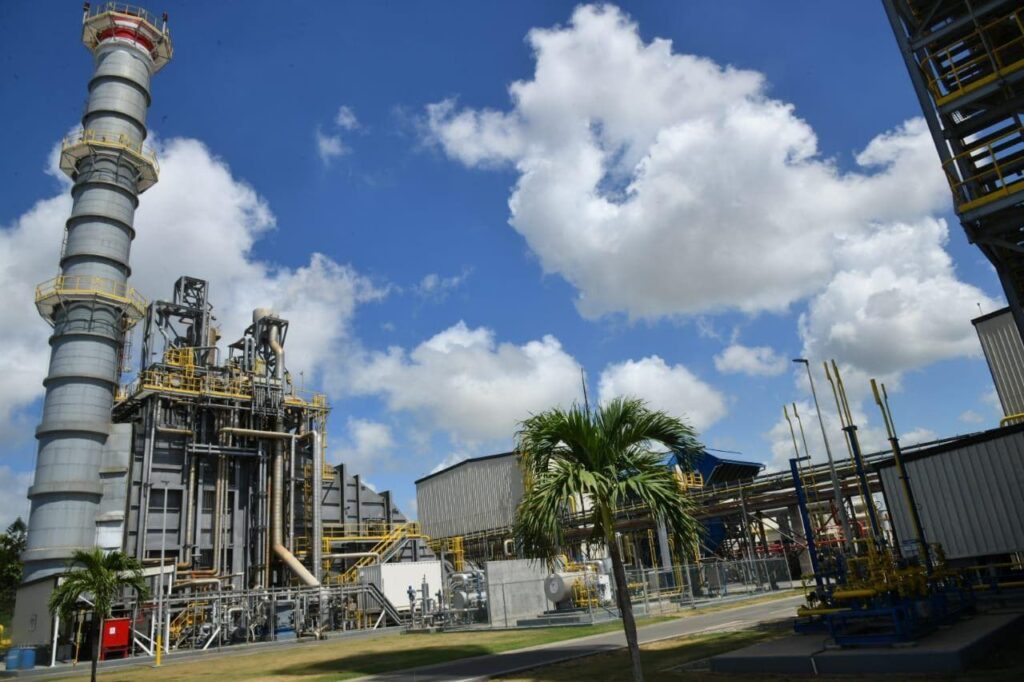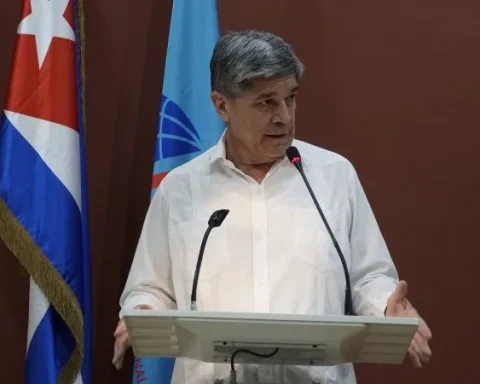For the International Labor Organization (ILO), green jobs contribute to the preservation of the environment in traditional sectors, such as manufacturing or construction, and in emerging renewable energies. Blues help protect and restore the marine environment. In Uruguay, some 89,000 people hold positions covered in this context, a figure that doubled compared to 2016.
This Wednesday the 15th, the Ministry of Labor and Social Security (MTSS) released the report called “Characterization of green and blue jobs for Uruguay”, carried out in conjunction with the ILO and the PAGE Uruguay program of the United Nations Organization (UN). ). The objective of the study was to strengthen the capacities of the State in the generation and analysis of statistics and indicators in these sectors, for their subsequent maintenance and monitoring.
The figures in the document, presented by the economist Sebastián Parrilla, indicate that in 2021, 89,263 green and blue jobs were registered in Uruguay, which doubles the 44,108 in 2016.
The agricultural sector stands out, with 69,631 jobs; it is followed by the state sector, with 6,919; waste management and treatment, with 4,357; renewable energies, with 4,231; blue economy, with 2,602; environmental services to companies and entities, with 1,229, and electric mobility, with 294.
Participating in the activity, carried out at the portfolio’s headquarters, were the head of the MTSS, Pablo Mieres; the Undersecretary of Industry, Energy and Mining, Walter Verri; the national director of Employment, Daniel Pérez; the professional training specialist of the ILO Fernando Vargas and the president of UTE, Silvia Emaldi, as well as representatives of the National Institute of Employment and Professional Training (Inefop), the Cooperative Institute (Inacoop) and international organizations.
Mieres pointed out the importance of the study, since it allows visualizing Uruguay’s progress in terms of positions related to environmental sustainability criteria.
In addition, he highlighted the interministerial coordination between Environment; Economy and Finance; Livestock, Agriculture and Fishing, and Industry, Energy and Mining, which led to the convergence of the development model, production and work in the perspective of an environmentally sustainable country. In this sense, he expressed that the Government prioritized the approach to the issue by creating a ministry in that area.
“It is good news to know that, from a quantitative point of view, in these five years Uruguay has increased the number of green jobs”, expressed, Mieres, and added that this duplication implies the challenge of promoting and generating positions with these characteristics.

